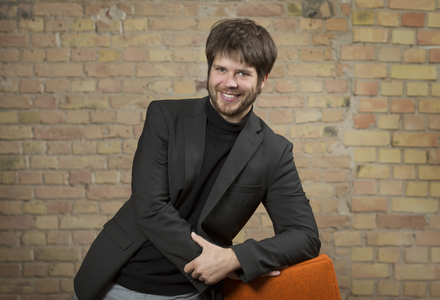Does coal threaten the global energy transition?
At the “Berlin Science Week”, MCC researcher Jan Steckel discusses the question of why many countries still rely on coal—despite ambitious climate goals.

Photo: MCC
Despite growing political pressure as well as recent cost reductions in renewable energy technologies, many countries still invest (or plan to invest) in carbon-intensive coal. A shift in investment patterns does not seem to be at the horizon as growth rates of new coal investments and coal use are still positive. We cordially invite you to learn more about the reasons for this phenomenon and possible solutions.
Title: Does coal threaten the global energy transition?
Place: Mercator Research Institute on Global Commons and Climate Change (MCC), EUREF Campus (building 19), Torgauer Strasse 12-15, 10829 Berlin
Date: November 9, 2017, 3:00-4:00 p.m.
Registration: mcc-presse(at)mcc-berlin.net





